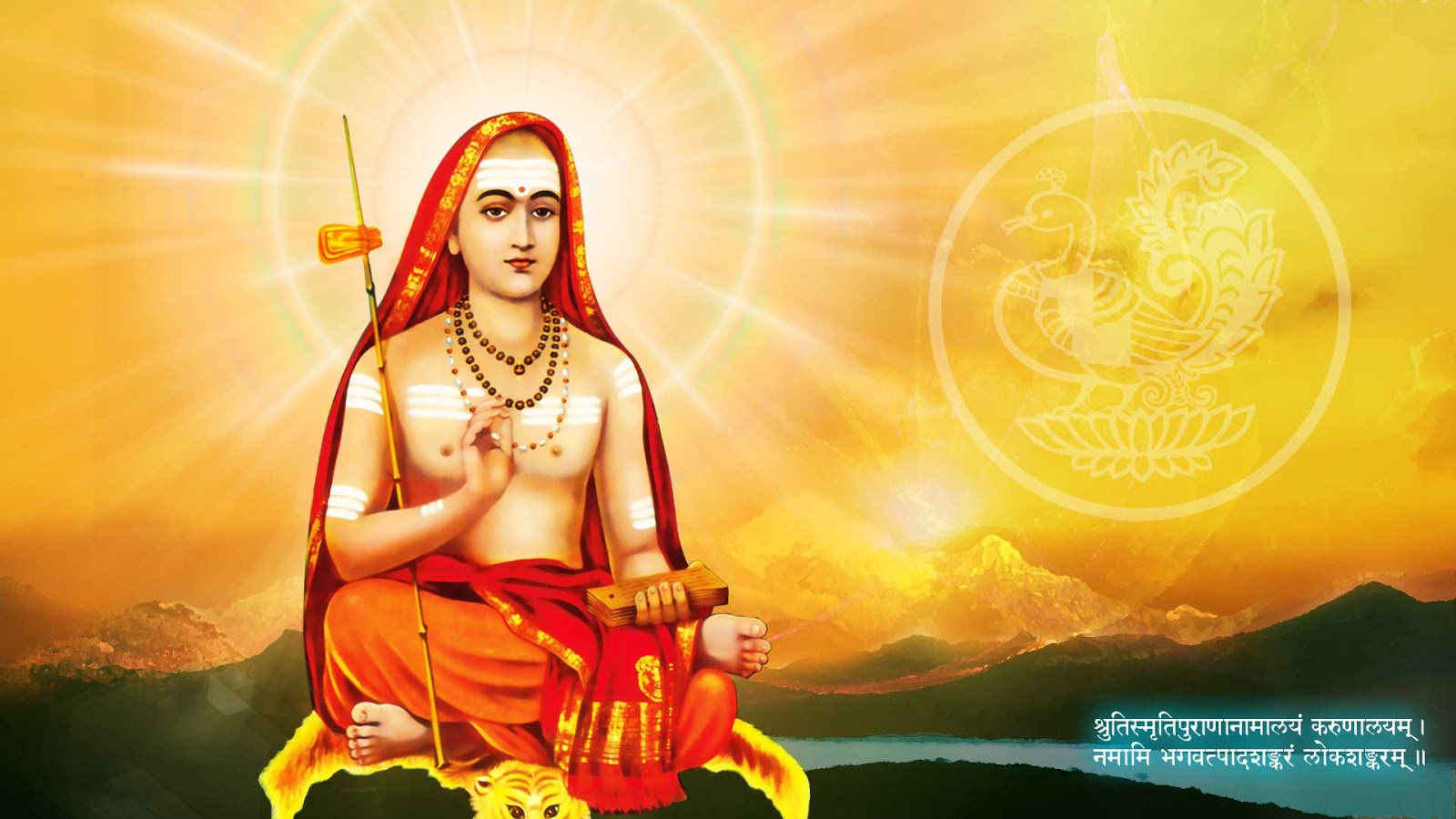ATMA BODHAM : 8 - (68 verses, 9 Chapters) - “KNOWLEDGE of the SELF”

8. Chapter 2 Verses 2-5 (4 no.) “Self-Knowledge” VERSE 5: As Coagulent – Settles After Cleaning Water "Ajnaana kalusham jeevam jnaana-abhyaasaat vi-nir-malam; kritvaa jnaanam swayam nashyet jalam kataka-renu-vat." 1. Ajnaana kalusham jeevam = Defiled by ignorance, the egocentric self 2. jnaana-abhyaasaat vi-nir-malam; = is purified by constant practice of knowledge. 3. kritvaa jnaanam swayam nashyet = Upon the dawn of knowledge, it itself is destroyed 4. jalam kataka-renu-vat. = as the soapnut powder settles with the dirt in water. The process mentioned at the close of the discussion of the previous verse, namely, the deep meditation and enquiry into the nature of the Self, is the focus in this verse. When this process is taken to its limit, all limitations are transcended. At that point ignorance ends and the means by which it ends – the Brahmakara Vritti – is also discarded. Total purity from all defilements is attained, followed by the daw...






